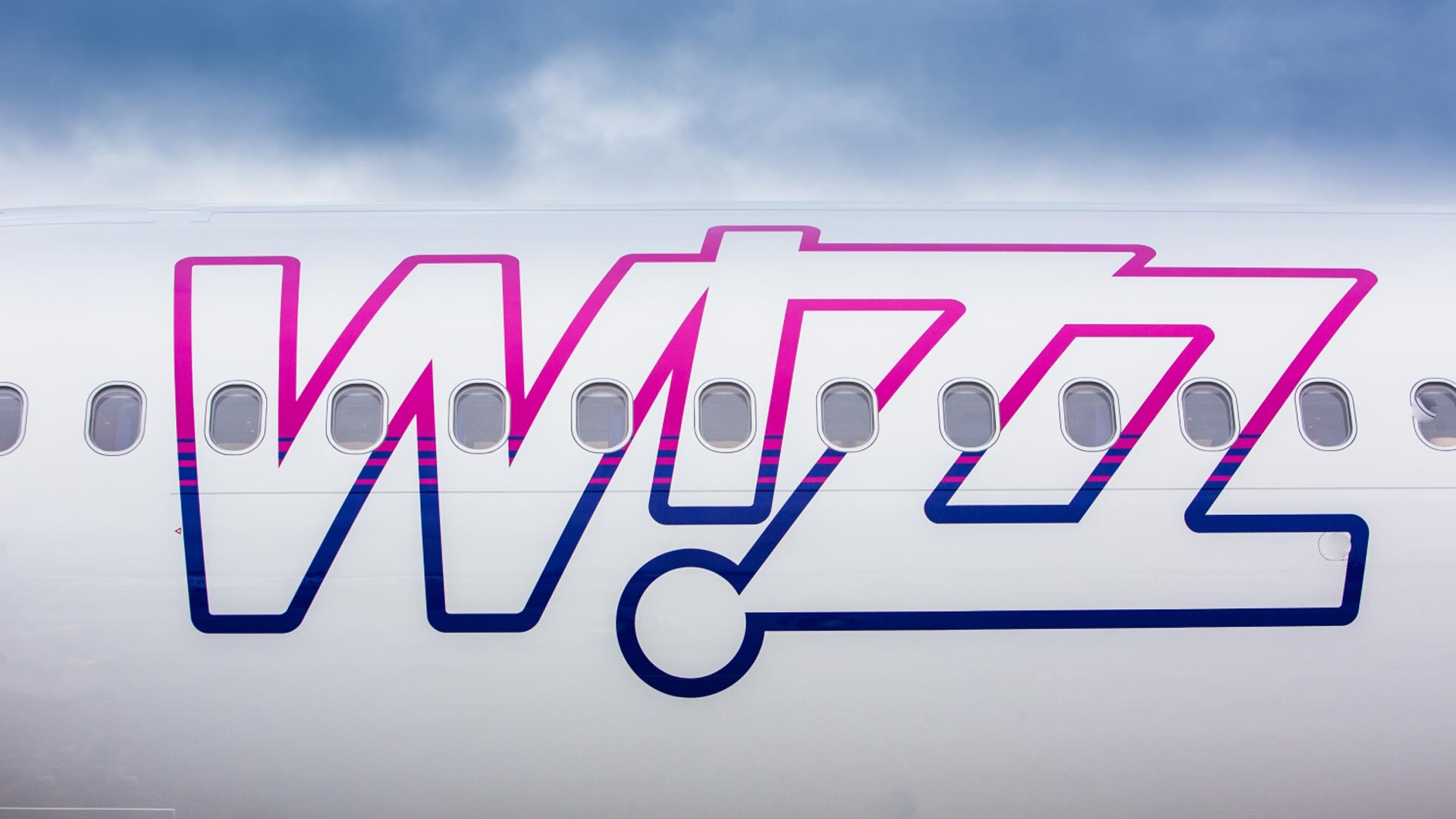Wizz Air has reported an underlying loss of €482m on 75% passenger decrease for the full year ended 31 March 2021 (FY21). Revenue fell by 73% to €739 million as passenger traffic fell by 75%. Both figures represent a sharp reduction in capacity throughout the year as a result of travel restrictions across Europe.
József Váradi, Wizz Air Group Chief Executive Officer said: “This was probably one of the most challenging years for the aviation industry, heavily impacted by COVID-19 related regulations. Wizz Air’s F21 revenue was down 73 per cent and we incurred an underlying loss of €482 million. Despite these unprecedented challenges, we stayed in control of our cost structure, preserved our cash position and maintained our investment grade balance sheet.”
Váradi added that “agility has been key in navigating the year”, noting that Wizz Air has expanded from 25 to 43 operating or announced bases, which he said inherently increases flexibility. “We continuously realigned capacity with ever-changing restrictions, ramping up to 80 percent capacity in the span of weeks over summer 2020 and then down to 20 per cent only weeks later,” added Váradi. Wizz Air load factors were down compared to FY20 at 64%, while average revenue per passenger improved by 5.2% to €72.6 in FY21.
The airline finished the year with a total cash position of €1,617 million, representing a quarterly cash burn of €84m during the last quarter (Q4 FY21).
“Our swift and decisive actions, taken at the onset of the COVID-19 pandemic, allowed us to better protect our financial position, and 80 per cent of the Wizz Air jobs, in a context of a 75 per cent business decline,” said Váradi. “These decisions were not easy and the work delivered by our colleagues in this past year was nothing short of heroic.”
Commenting on the outlook for the Company, Váradi said that he was “cautiously optimistic about the recovery of the business, which has started later than what we would have liked as COVID-19 restrictions have remained in place longer than anticipated. Therefore, F22 will continue to be a transition year. Whereas the recovery pattern continues to be difficult to forecast, the trends are encouraging and we are ready as ever. We have prepared the company to be an even more formidable player and to take advantage of the next phase of market opportunities that await post pandemic. The investments we have made in our fleet and in our network over the past 12 months will soon yield results.”
Wizz Air expects to fly around 30% of capacity in the first quarter of FY22 and “unless we see an accelerated and permanent lifting of restrictions”, Váradi expects a reported net loss during FY22. “For F23 we see a strong trading environment and we plan to operate our full capacity.”
Wizz Air expanded its fleet in FY21 with a net 16 aircraft to 137 at the end of F21 with 52 per cent of seats now served by A321 family of aircraft. Despite the pandemic, Wizz Air says that it “actively pursued accelerating its fleet renewal program and bringing forward the benefits of new technology in ownership and operating cost, fuel consumption and lower carbon and noise emissions”. The airline retired four older technology aircraft A320 CEO (current engine option) that were redelivered to leasing companies. Wizz Air’s committed order book remains for a further 248 A320neo family aircraft.
During FY21, Wizz Air strengthened its liquidity position by raising £300 million from the Bank of England under the UK Government's COVID Corporate Financing Facility (CCFF). The commercial paper will be repaid in February 2022 when it matures, the airline said. The Company also raised €500 million from a Eurobond maturing in January 2024. Looking ahead, Wizz Air stated that it does not see a need to raise additional liquidity for general purposes, and that it will be repaying the outstanding commercial paper with the Bank of England when it matures in 2022.

